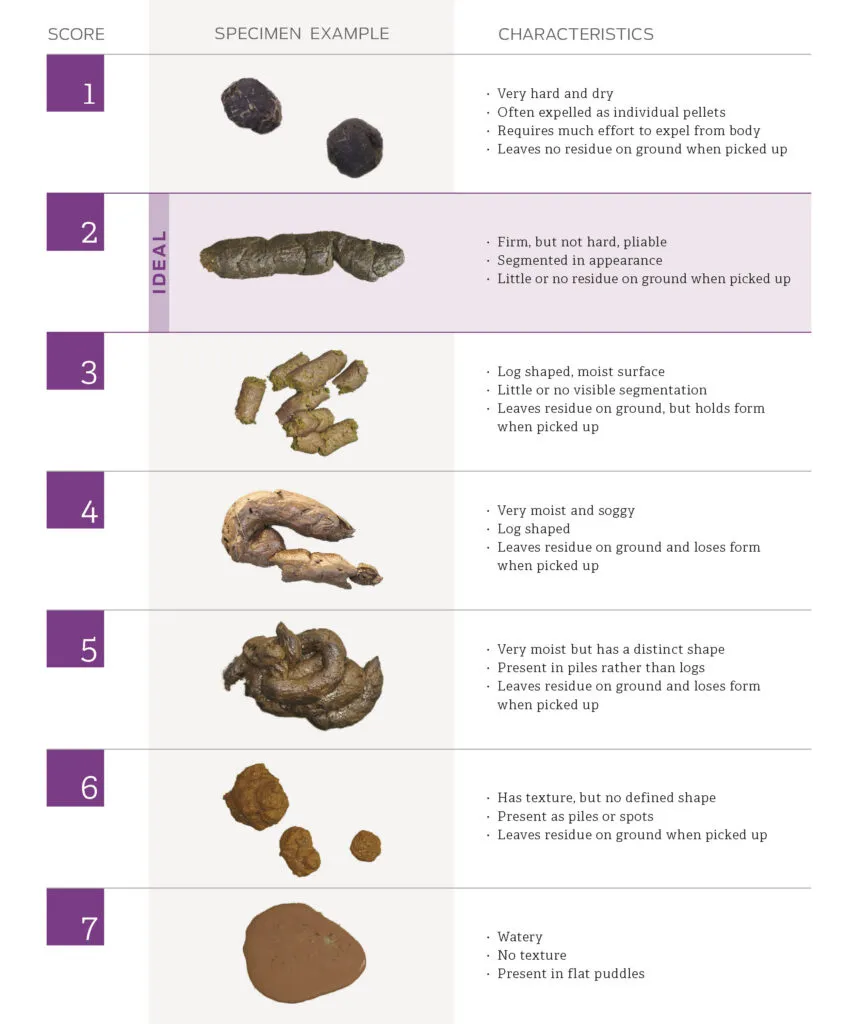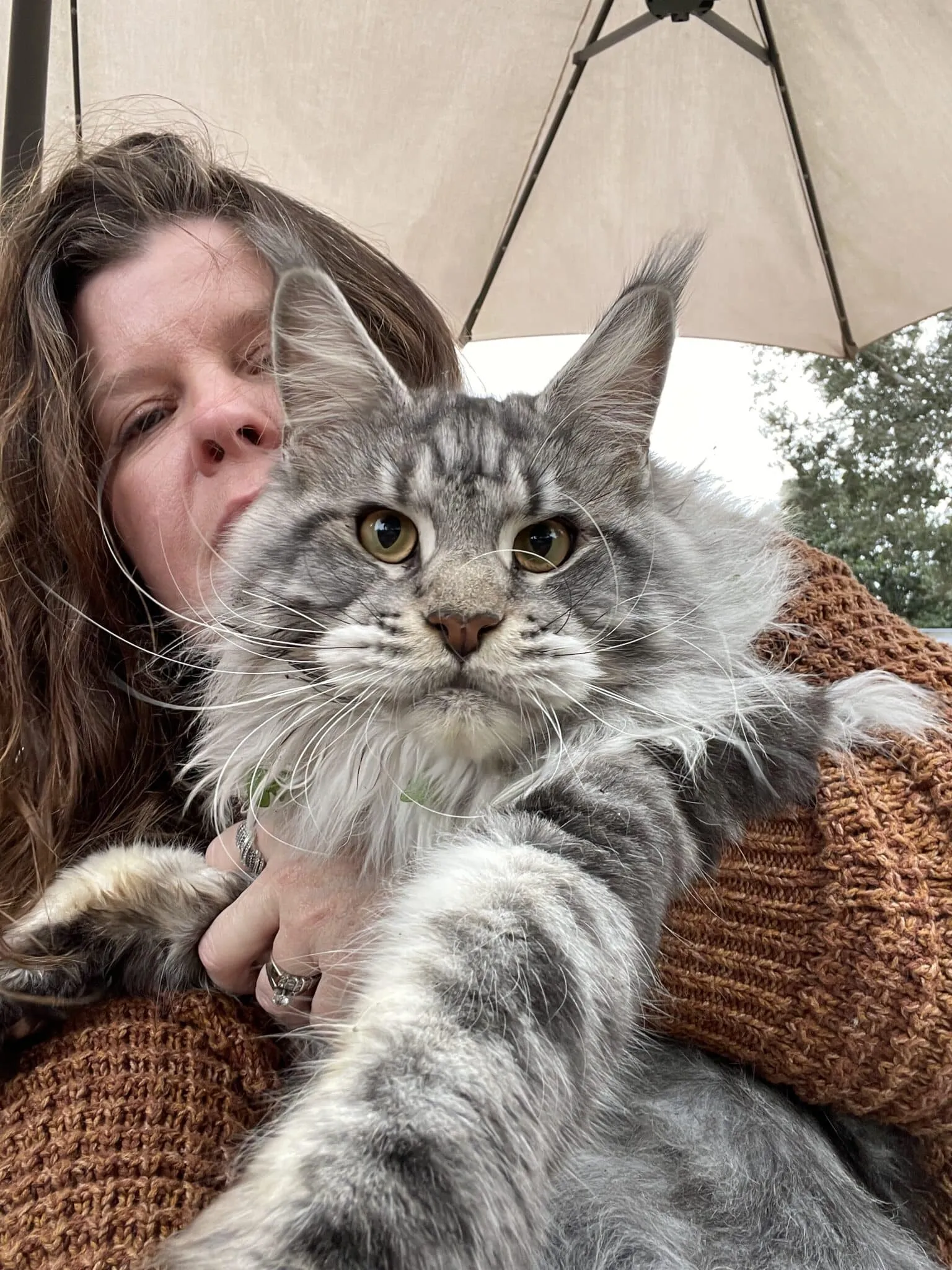As a dedicated Maine Coon parent, encountering your beloved cat suffer from diarrhea can be a deeply concerning experience. Diarrhea in cats is a common ailment, often triggered by various factors such as abrupt dietary changes, food intolerances, stress, or more serious underlying medical conditions. While veterinary care is sometimes necessary, many cat owners, including myself and fellow breeders, prefer exploring safe and effective home remedies first. Through extensive research and discussions within the cat breeding community, I’ve gathered valuable insights into natural approaches for treating cat diarrhea.
Understanding the Causes of Feline Diarrhea
Cats can develop diarrhea for a multitude of reasons, each impacting their unique digestive system differently. Common culprits include:
- Dietary Changes: Sudden shifts in food can upset a cat’s sensitive stomach.
- Food Allergies/Intolerances: Sensitivity to specific ingredients can lead to digestive upset.
- Environmental Stress: Major changes like moving, new pets, loud noises, or even holidays can cause stress-induced diarrhea.
- Intestinal Parasites: Worms and other internal parasites are frequent causes of diarrhea.
- Bacterial or Viral Infections: Pathogens can infect the digestive tract, leading to diarrhea.
- Hairballs: Accumulated hair in the digestive tract can cause blockages and irritation.
- Inflammatory Bowel Disease (IBD): A chronic condition affecting the gastrointestinal tract.
- Toxins: Ingestion of harmful substances can cause severe digestive issues.
When diarrhea occurs, it’s often categorized as “idiopathic,” meaning the cause is unknown, typically linked to stress or food intolerance. However, persistent or severe cases, and those caused by infections or parasites, require professional veterinary evaluation and treatment. Understanding these potential causes is the first step in effectively managing your Maine Coon’s digestive health.
Defining Feline Diarrhea and Its Severity
Diarrhea in cats is characterized by loose, watery stools. To better understand the severity, a simple scoring system based on stool consistency can be helpful:
- Score 2-3: Tootsie Rolls
- Score 4-5: Soft Serve Ice Cream
- Score 6: Mashed Potatoes
- Score 7: Hershey Syrup
Beyond consistency, changes in the color and odor of your cat’s feces can also provide clues to the underlying cause. Regularly monitoring the litter box is crucial for early detection and intervention.
 Diagram illustrating cat stool consistency.
Diagram illustrating cat stool consistency.
The Importance of Gradual Dietary Adjustments
If you plan to change your cat’s food, a slow and gradual transition is key to preventing digestive upset. Abrupt changes can lead to diarrhea. Here’s a recommended transition schedule:
- Days 1-3: 25% new food, 75% old food.
- Days 4-6: 50% new food, 50% old food.
- Days 7-9: 75% new food, 25% old food.
- Day 10 onwards: 100% new food.
If you notice loose stools at any stage, revert to the previous ratio and extend the duration before increasing the new food percentage again.
Safe Home Remedies for Treating Cat Diarrhea
For mild cases of diarrhea, especially those linked to stress or dietary indiscretion, several natural remedies can provide relief:
Probiotics
Probiotics are essential for maintaining a healthy balance of gut bacteria, which is crucial for proper digestion and a strong immune system. Look for probiotic supplements containing Saccharomyces Boulardii.
Organic Pumpkin
Pure, unsweetened organic canned pumpkin is a great source of fiber. It can help regulate bowel movements by absorbing excess water in the intestines, firming up loose stools. Many cats enjoy it as a healthy treat, especially when chilled.
Slippery Elm
This natural supplement, derived from the bark of the Slippery Elm tree, is particularly effective for stress-related diarrhea. It forms a protective gel that soothes the digestive tract lining, easing inflammation and discomfort. It is safe for both cats and humans and is available in powder form.
@sassykoonz Natural Supplement to have on hand in case your cat gets diarrhea #naturalhealingremides #mainecoon #stressdiarrhea #catmedicine #holisticcat #luxurypet #selfcare ♬ original sound – Sassy Koonz Maine Coon Kittens
I personally rely on Slippery Elm for my cat Chichi when she experiences stress-induced diarrhea, which can sometimes include blood. Recognizing the signs and having this remedy on hand has been a lifesaver. Typically, three doses every six hours for one day are sufficient for mild cases. Slippery Elm is also beneficial for constipation and nausea.
High-Fiber Foods and Supplements
Increasing dietary fiber can help solidify stools by absorbing excess moisture in the intestines, providing much-needed relief for cats suffering from diarrhea.
Boiled Chicken and Rice
A simple diet of boiled, unseasoned chicken breast and cooked white rice can help “reset” a cat’s sensitive stomach. It’s a bland, easily digestible meal. Ensure you remove all other food sources during this time and gradually reintroduce your cat’s regular diet afterward.
Raw Diet
For some cats experiencing chronic diarrhea, transitioning to a high-quality raw protein diet has proven effective. Raw diets mimic a cat’s natural carnivorous needs. It’s crucial to handle raw food safely, following the same hygiene practices you would for human consumption.
 Maine Coon cat with distinctive ear tufts.
Maine Coon cat with distinctive ear tufts.
When Home Remedies Aren’t Enough: Seeking Veterinary Care
If your cat’s diarrhea persists for more than two days despite implementing home remedies, or if it is accompanied by other worrying symptoms, it is crucial to consult a veterinarian immediately. Do not delay seeking professional help if your cat exhibits any of the following:
- Vomiting
- Lethargy or extreme tiredness
- Refusal to eat or drink
- Signs of dehydration (e.g., sunken eyes, dry gums, decreased skin elasticity)
While not all cases warrant an emergency visit, persistent or severe symptoms absolutely require expert diagnosis and treatment. When in doubt, a veterinarian’s assessment can provide peace of mind and ensure your Maine Coon receives the best possible care.
Preparing for Your Veterinarian Visit
To make your vet visit as productive as possible, gather the following information and items:
- Symptom Documentation: Keep a detailed record of your cat’s diarrhea symptoms, frequency, and any behavioral changes.
- Dietary History: Be prepared to discuss your cat’s normal diet, including any recent changes, treats, or new food introductions.
- Stool Sample: If possible, collect a fresh stool sample in a sealed bag to aid diagnostic testing.
- Remedy List: Note down all home remedies or supplements you have administered.
- Other Symptoms: Document any other concurrent symptoms your cat may be experiencing.
Conclusion
Home remedies can be effective for managing mild cases of diarrhea in cats. However, it is vital to recognize when professional veterinary intervention is necessary. Persistent diarrhea, especially when coupled with other concerning symptoms like vomiting or dehydration, requires immediate medical attention. Your veterinarian can accurately diagnose the cause of your Maine Coon’s diarrhea and recommend the most appropriate treatment plan, ensuring their long-term health and well-being remain the top priority.
